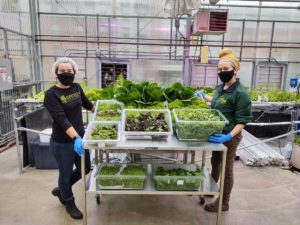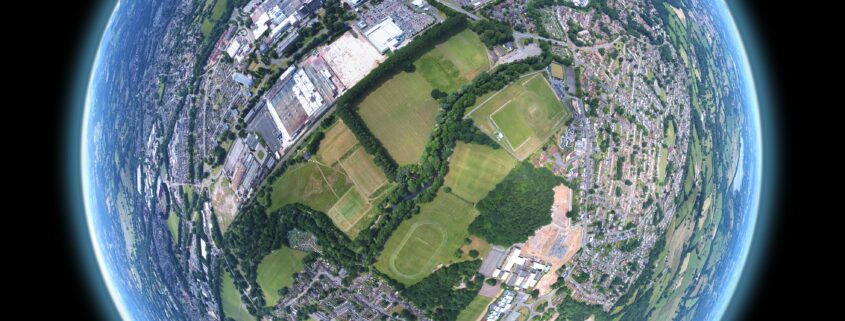An Evening with Dr. Ed Maibach: What Do Americans Think About Climate Change, and What—If Anything—Do They Want to Do About It?
Old Town Hall, City of Fairfax
3999 University Drive, Fairfax VA
Wednesday, 24 April 2019
7 pm
Dr. Edward Maibach will present an overview of the findings from public opinion polls regarding climate change conducted over the past decade. Recently there has been a sharp increase in the public’s understanding of and concern about climate change. He will discuss Mason’s efforts to increase public understanding of climate change. There will be an opportunity for questions following the presentation.
Dr. Maibach serves on the advisory council of George Mason University’s newly launched Institute for a Sustainable Earth (ISE), which will address Earth’s future, including the problem of global climate change. He is also a Mason distinguished University Professor and a communication scientist who is expert in the uses of strategic communication and social marketing to address climate change and related public health challenges. His research – funded by NSF, NASA and private foundations – focuses on public understanding of climate change and clean energy; the psychology underlying public engagement; and cultivating TV weathercasters, health professionals, and climate scientists as effective climate educators. From 2011 to 2014, Ed co-chaired the Engagement & Communication Working Group for the 3rd National Climate Assessment, and he currently advises myriad government agencies, museums, science societies and civic organizations on their climate change public engagement initiatives. He earned his PhD in communication science at Stanford University, his Masters in Public Health at San Diego State University, and his BA in psychology at University of California, San Diego.



